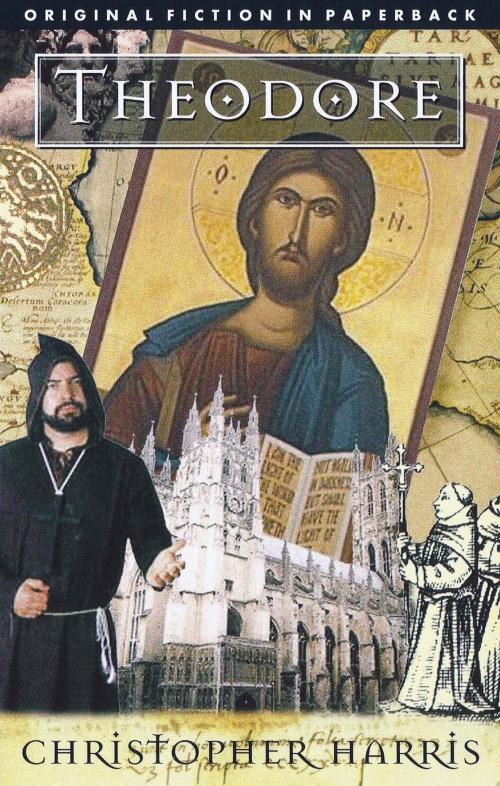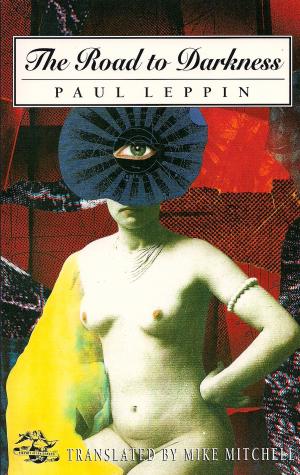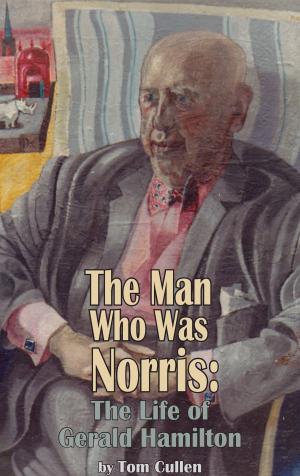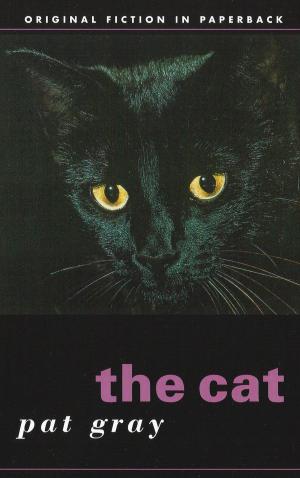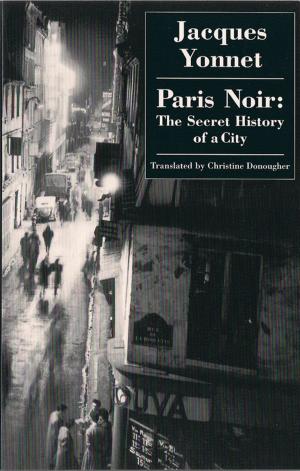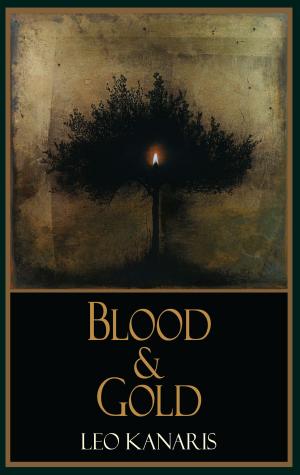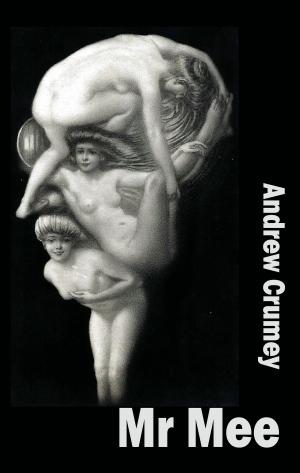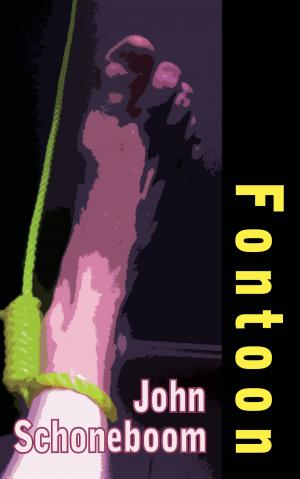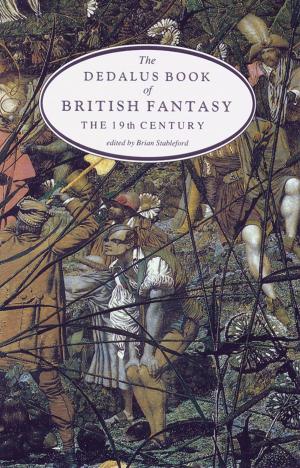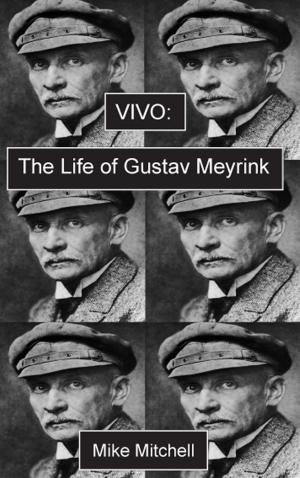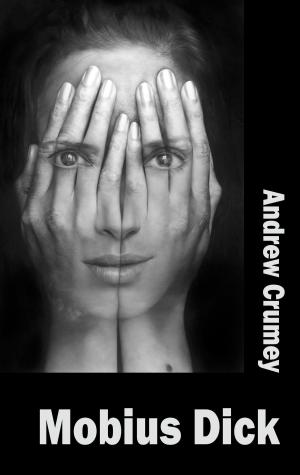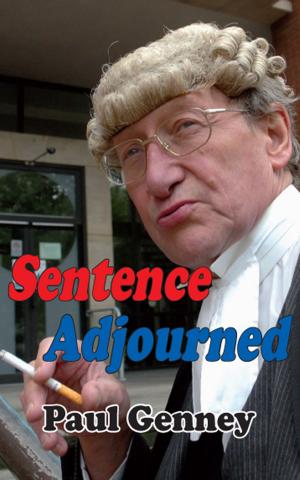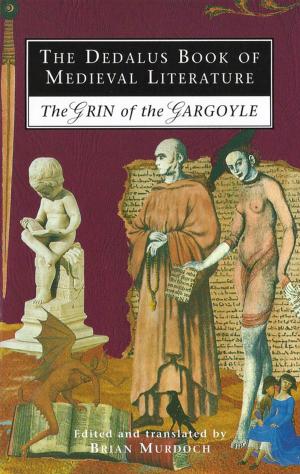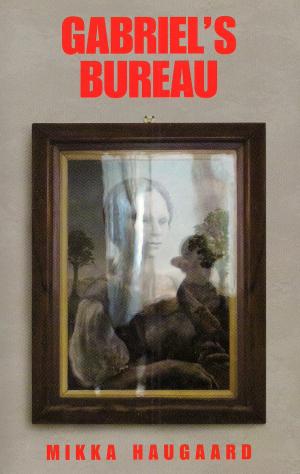| Author: | Christopher Harris | ISBN: | 9781909232860 |
| Publisher: | Dedalus Ebooks | Publication: | January 5, 2010 |
| Imprint: | Dedalus Ebooks | Language: | English |
| Author: | Christopher Harris |
| ISBN: | 9781909232860 |
| Publisher: | Dedalus Ebooks |
| Publication: | January 5, 2010 |
| Imprint: | Dedalus Ebooks |
| Language: | English |
Theodore of Tarsus-who became Archbishop of Canterbury in 668 - was a significant figure in ecclesiastical history, and his story is told in this well researched first-person novel what follows is an interesting account of the homosexual saint's life during strange and turbulent times.' Andrew Crumey in Scotland on Sunday 'At its heart, however, Theodore is a beautiful and poignant love story, examining the passion between twin souls - a love too intense to remain chaste. The author challenges us to consider that while Christianity owes a lot to such love, it will never acknowledge the debt.' Murrough O'Brien in The Daily Telegraph 'It portrays the young Theodore as curious, sensual and very human, anxious to understand what exactly constitutes enlightenment, assailed by religious doubts and constantly at odds with the frequent irrational beliefs of the religious men surrounding him. The greatest strength of Harris' novel is the clear and simple presentation of its often complex moral ideas. Ultimately, this is a novel of curious decency, simply and movingly written by a first-time author of real promise.' Christopher Fowler in The Independent on Sunday
Theodore of Tarsus-who became Archbishop of Canterbury in 668 - was a significant figure in ecclesiastical history, and his story is told in this well researched first-person novel what follows is an interesting account of the homosexual saint's life during strange and turbulent times.' Andrew Crumey in Scotland on Sunday 'At its heart, however, Theodore is a beautiful and poignant love story, examining the passion between twin souls - a love too intense to remain chaste. The author challenges us to consider that while Christianity owes a lot to such love, it will never acknowledge the debt.' Murrough O'Brien in The Daily Telegraph 'It portrays the young Theodore as curious, sensual and very human, anxious to understand what exactly constitutes enlightenment, assailed by religious doubts and constantly at odds with the frequent irrational beliefs of the religious men surrounding him. The greatest strength of Harris' novel is the clear and simple presentation of its often complex moral ideas. Ultimately, this is a novel of curious decency, simply and movingly written by a first-time author of real promise.' Christopher Fowler in The Independent on Sunday
